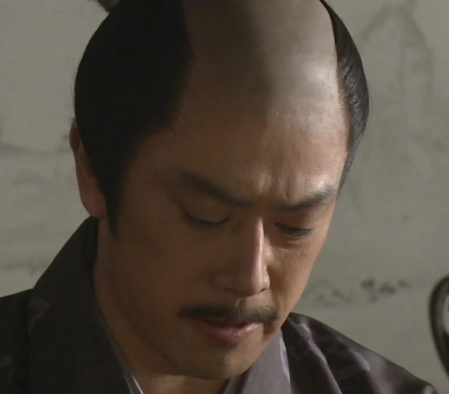In the long river of the history of the Three Kingdoms, Zhuge Liang, as the chancellor of Shu Han and an outstanding militarist and politician, has been widely praised for his character and talents by later generations. However, there have always been some people in history who hold biased views of him, with Li Mi being a typical example. Li Mi, styled Yan Si, had talent and strategy in his early years, but was recorded in history for his negative views of Zhuge Liang. This article will explore the enmity between Li Mi and Zhuge Liang and the reasons behind it.

I. Background and Talents of Li Mi
Li Mi, a figure from the Three Kingdoms period, was appreciated by Liu Bei for his talents in his early years. He held important positions in the Shu Han government, but did not become a central figure like Zhuge Liang. Nevertheless, Li Mi's performance in politics and military affairs also demonstrated his talents and potential.
II. The Relationship between Li Mi and Zhuge Liang
There are not many historical records regarding the specific relationship between Li Mi and Zhuge Liang, but from the available information, there was no direct personal enmity between the two. Li Mi's dissatisfaction with Zhuge Liang may have stemmed from jealousy of the latter's power and prestige, as well as disappointment in not achieving a higher status within the Shu Han regime.
III. Li Mi's Behavior of Denigrating Zhuge Liang
According to the "Records of the Three Kingdoms", Li Mi spoke derogatorily of Zhuge Liang after his death. These remarks may have been based on personal emotions rather than objective facts, reflecting Li Mi's disapproval of Zhuge Liang's achievements and the venting of personal emotions. This behavior was criticized at the time and in later generations as being petty.
IV. Evaluation and Reflection of Later Generations
In later generations, Zhuge Liang's wisdom and moral character were widely praised, while Li Mi's name was left with a dishonorable mark due to his denigration of Zhuge Liang. This contrast reflects the importance of loyalty and talent in people's minds, and also reminds us that when evaluating historical figures, we should avoid the influence of personal emotions and adopt a more fair and objective attitude.
Conclusion:
Although there is no conclusive evidence to suggest a direct conflict between Li Mi and Zhuge Liang, Li Mi's negative remarks undoubtedly affected his historical image. When evaluating historical figures, we should focus more on their actual contributions and influences, rather than being swayed by the prejudices of individuals. By rationally analyzing historical events, we can get closer to the truth of history and better understand the people of that era.
Conclusion:
On the vast stage of the history of the Three Kingdoms, each character has their unique story and complex humanity. Although the enmity between Li Mi and Zhuge Liang is only a small episode, it reminds us to be cautious and comprehensive when evaluating historical figures. The truth of history is often more complex than the apparent enmity, and our understanding of history should be based on deep analysis and objective evaluation.
Disclaimer: The above content is sourced from the internet and the copyright belongs to the original author. If there is any infringement of your original copyright, please inform us and we will delete the relevant content as soon as possible.
































